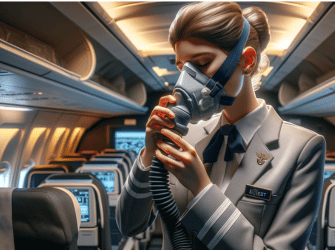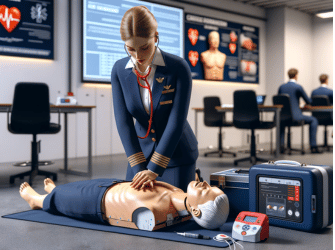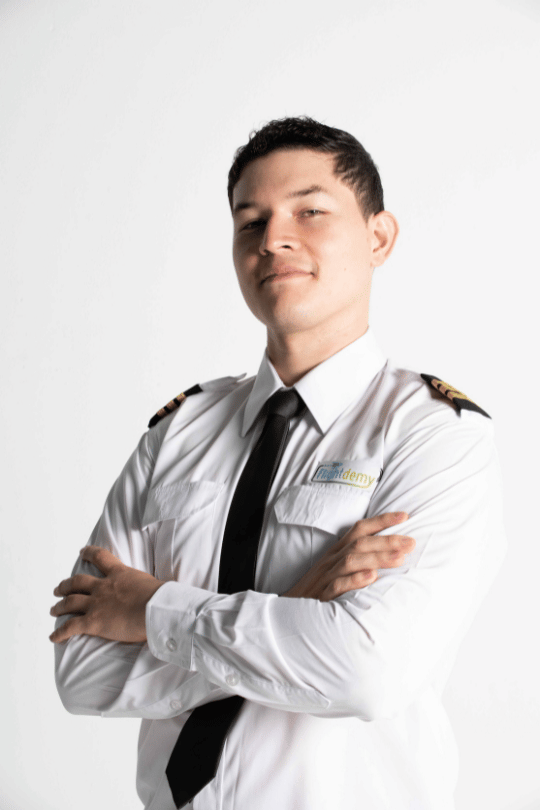Safety and Security: The paramount roles of Cabin Crew in aviation
Explore the indispensable roles of cabin crew in ensuring safety and security onboard. Understand how flight attendant courses prepare them for these critical responsibilities in the aviation industry.
The aviation industry is renowned for its stringent safety and security standards, with cabin crew at the forefront of ensuring these standards are met on every flight. This in-depth exploration reveals the extensive training and critical responsibilities that define the role of cabin crew members, emphasizing their indispensable contribution to aviation safety and security. Through dedicated flight attendant courses and ongoing professional development, they are equipped to handle complex challenges, from emergency situations to ensuring stringent security measures are upheld.

Comprehensive Training for Emergency Situations
Cabin crew undergo rigorous training that simulates a wide range of emergency scenarios, from aircraft depressurization to water landings. This training, often conducted in realistic flight simulators and utilizing actual aircraft equipment, ensures that every crew member can confidently lead passengers to safety under pressure. Skills taught include the use of emergency exits, life rafts, and firefighting equipment, as well as effective crowd control techniques to manage passenger panic during unforeseen events.
Ongoing Education and Skill Development
The field of aviation is constantly evolving, and with it, the roles and responsibilities of cabin crew. To stay abreast of the latest safety protocols and security measures, cabin crew members engage in continuous education and training. This includes updates on the latest aviation regulations, advancements in safety equipment technology, and new communication strategies to enhance efficacy in emergency management. Such ongoing professional development ensures cabin crew remain competent and confident in their ability to safeguard passengers.

Ready to Master the A320 FAP?
Join Our Course Now and Elevate Your Cabin Crew Skills!
Gain comprehensive expertise in the FAP of the Airbus A320 family and dive deep into the intricacies of the FAP Pages.
Mastering Advanced Security Protocols
In today’s complex global landscape, cabin crew play a vital role in implementing advanced security protocols. Training covers a broad spectrum of security concerns, including dealing with acts of unlawful interference, managing hijack situations, and recognizing and mitigating potential terrorist threats. Crew members are also trained in personal defense and the use of discreet communication tools to alert pilots and ground security of security concerns without escalating the situation.


The Role of Cabin Crew in Crisis Management
Beyond routine duties, cabin crew are integral to effective crisis management onboard. Their training equips them to assess and respond to various crises, coordinating with the flight deck and ground control to implement emergency protocols. Their calm demeanor, quick thinking, and leadership skills are crucial in maintaining order and ensuring the well-being of passengers until the crisis is resolved or until emergency services take over.
The cabin crew’s comprehensive training and unwavering dedication to safety and security make them indispensable to the aviation industry. Their role extends far beyond service; they are trained professionals ready to tackle safety and security challenges with expertise and grace. As guardians of the skies, their presence ensures that air travel remains among the safest modes of transportation in the world.

Get 10% off now!
Subscribe and be the first to receive exclusive news, special offers, and the latest updates on our courses.
Other posts
You may also be interested in...





